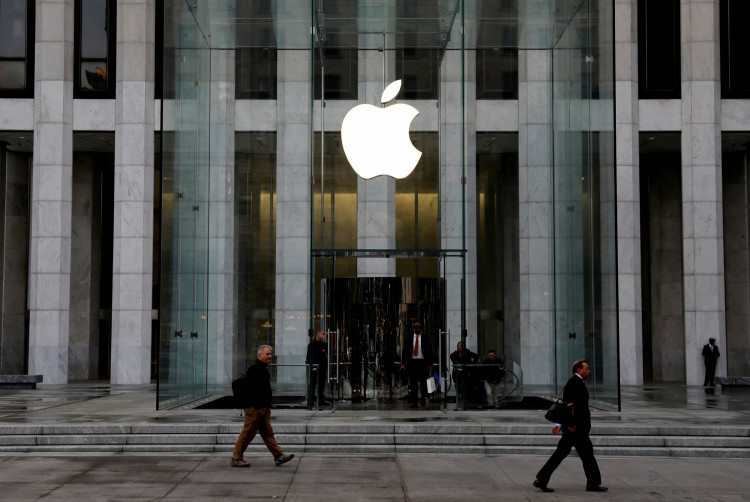Over the years, Apple has been advertising itself as a champion of privacy among other tech companies. While there are others who would doubt the company's intention, the Cupertino tech giant has proven time and again that it sticks with its commitment to upheld customer privacy despite pressure from the government. However, according to a new report, it appears that Apple caved in to the wishes of the US government for its decision not to fully encrypt the iCloud backups.
The Cupertino company changed its plan to allow people to totally encrypt backups of iPhone data on the iCloud service, according to Reuters. The change seemingly happened following the FBI's concern that Apple's encryption could hurt the investigation. The report surfaced after President Trump's blasted Apple for its decision not to create backdoors to help law enforcement unlock iPhones.
It's been over a couple of years since the Cupertino tech giant informed the Federal Bureau of Investigation that it wanted to fortify its cloud storage service. Apple wanted to make it the service more difficult to crack by providing end to end encryption. If this is the case, Apple would not be able to give iCloud data to authorities.
However, as per Reuters, that plan was dropped the next year. An Apple employee reportedly said that the legal department of the Cupertino company 'killed it for reasons you can imagine,' reports Reuters. The public squabble between Apple and the FBI happened almost three years ago when the tech juggernaut refused to unlock the iPhone of the shooter in the San Bernardino incident.
That incident was the first public campaign that Apple did to protect the privacy of its customers first. But, according to reports, most of the time, the FBI and Apple usually get along very well. To be fair with the FBI, it may or may not have any influence on the recent decision of the Cupertino company, but it is also tough to call it a coincidence given the circumstances.
It appears that Apple now selected to encrypt some parts of data backed up on its iCloud storage service. It includes health data and user passwords. Meanwhile, third-party app data and iMessages could only be accessed through a court order.
If you carefully look at the transparency reports released by Apple, it shows that the company does not oblige with nearly all the data requests coming from the US government. For the past years, Apple wants consumers to perceive it as the champion of privacy-protecting its users. Its advocacy on user privacy has become the core of its messages and has even attended CES recently just to talk about privacy.






